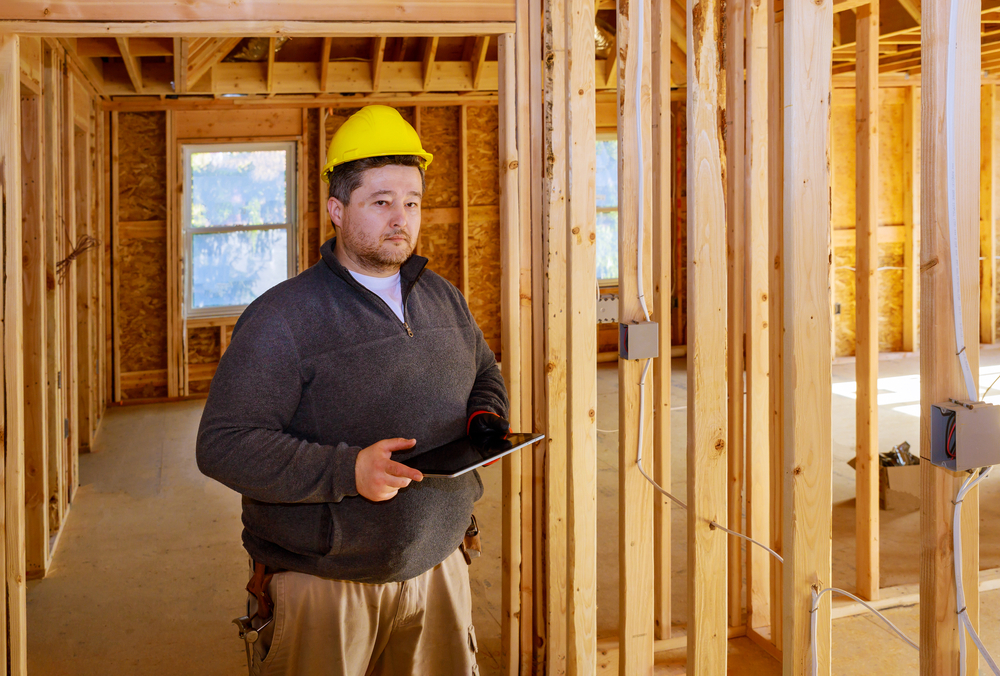When Should You Start Your Home Search?
 Have you been dreaming about buying a home of your own? Becoming a homeowner is still very much part of the American Dream. But if you’re doing it for the first time – or even the fifth – then you may have many questions about the process. One of the most common questions we get is when you should begin searching for a home. Let’s dive in and find out!
Have you been dreaming about buying a home of your own? Becoming a homeowner is still very much part of the American Dream. But if you’re doing it for the first time – or even the fifth – then you may have many questions about the process. One of the most common questions we get is when you should begin searching for a home. Let’s dive in and find out!
Six months is a good guideline
If you’re serious about buying a home soon, then there’s no reason to postpone your search. Finding just the right home can take time, especially in a market where buyers still outnumber the homes available for sale. As a general guideline, we recommend beginning at least six months before you want to move. And honestly, you can start looking for homes a year before you’d like to resettle.
Starting early helps you discover what you want
One important reason to begin your home search as soon as possible is that it will help you understand what you want. By casually searching homes online, you will get a feeling for the current market. You’ll see what kinds of homes are available and what the prices are like. You can also begin researching different neighbors so that you know where you’d like to focus your search. We always recommend making a list of things you need to have in a home as well as those things you’d like to have. By beginning your search early, you’ll be better able to compose that list. This will be invaluable once you become serious about house hunting.
Know what you can afford
Here’s a helpful tip – have a good idea of what you’re able to afford before you begin your search. You can use an online calculator to quickly discover how much house you can afford. This is going to make your search much easier. It will also save you headaches and stress down the line. Nobody should purchase a home they can’t reasonably afford. So knowing your budget from the beginning can help you avoid getting your heart set on a home that’s out of reach.
Continue saving
Another excellent reason to begin your home search early is that it can provide an incentive to save as much money as possible. The more you have saved for a down payment, the better position you’ll be in. You’ll have more choices when it comes to home loans. Your offer will be more appealing to a seller with a larger down payment. You’ll also qualify for better terms on your loan. Having more money saved will open more possibilities in your search.
Attend open houses
We also advise that you begin attending open houses early in your search. Nothing beats seeing a home in person. Being able to walk through homes will give you a better sense of what works for you and what doesn’t. It also allows you to explore new neighborhoods and check out the competition.
The bottom line
Ultimately, it’s never too early to begin your home search. The earlier you start, the more prepared you will be when it’s time to hit the gas on your house hunt. If you’re ready to begin your home search, then contact us today!
Compliments of Virtual Results




 Abundant natural light is something that most homebuyers would be happy to have in their new homes. Living in homes filled with sunshine can make them appear larger and be a mood-booster. For this reason, floor-to-ceiling as well as
Abundant natural light is something that most homebuyers would be happy to have in their new homes. Living in homes filled with sunshine can make them appear larger and be a mood-booster. For this reason, floor-to-ceiling as well as  Are you planning your
Are you planning your  It’s hard to believe that it’s already the end of August! Soon those long summer days will just be a memory as we begin to prep for the fall season ahead. As you get ready to transition from summer to fall, it’s important to tackle seasonal chores around your home. By staying on top of these maintenance and cleaning tasks you can help head off any potential problems as temperatures drop. Over the next few weeks, we recommend accomplishing these chores as you say goodbye to summer and hello to autumn.
It’s hard to believe that it’s already the end of August! Soon those long summer days will just be a memory as we begin to prep for the fall season ahead. As you get ready to transition from summer to fall, it’s important to tackle seasonal chores around your home. By staying on top of these maintenance and cleaning tasks you can help head off any potential problems as temperatures drop. Over the next few weeks, we recommend accomplishing these chores as you say goodbye to summer and hello to autumn.
 With severe drought affecting many parts of the country, it’s important to become more water-wise at home. One of the ways that we often use more water than we need is in our home gardens. In fact, nearly
With severe drought affecting many parts of the country, it’s important to become more water-wise at home. One of the ways that we often use more water than we need is in our home gardens. In fact, nearly 
 One of the best things about becoming a homeowner is the opportunity to build community. When you move into a new home you’re also becoming part of a neighborhood. But what if that neighborhood is on the quiet side or you’re having trouble meeting other homeowners on your street? Then you just need to get the ball rolling! If you’re looking for ideas on how to create a friendlier neighborhood, then these are some of our top suggestions. Put the word out to your neighbors, and you could soon be having block parties on the regular!
One of the best things about becoming a homeowner is the opportunity to build community. When you move into a new home you’re also becoming part of a neighborhood. But what if that neighborhood is on the quiet side or you’re having trouble meeting other homeowners on your street? Then you just need to get the ball rolling! If you’re looking for ideas on how to create a friendlier neighborhood, then these are some of our top suggestions. Put the word out to your neighbors, and you could soon be having block parties on the regular!



 Catch Our Feed
Catch Our Feed Subscribe via Email
Subscribe via Email Follow Our Tweets
Follow Our Tweets Friend Us On Facebook
Friend Us On Facebook Watch Us On Youtube
Watch Us On Youtube